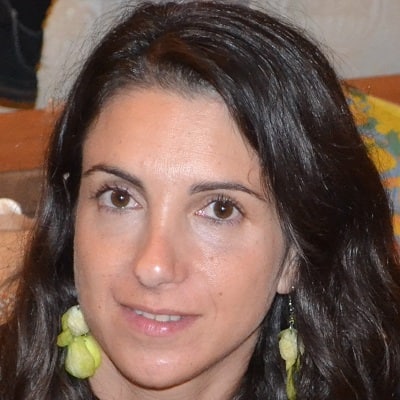Customer Logins
Obtain the data you need to make the most informed decisions by accessing our extensive portfolio of information, analytics, and expertise. Sign in to the product or service center of your choice.
Customer Logins
BLOG
Aug 15, 2019
Argentinian primary election
On 11 August, Peronist opposition candidate Alberto Fernández won Argentina's primary election, known as PASO, with 47% of the vote versus 32% for incumbent President Mauricio Macri. Fernández is running for the Kirchnerist faction of the Peronist Justicialist Party (Partido Justicialista: PJ), under the banner Everybody's Front ("Frente de Todos") with former president Cristina Fernández de Kirchner as his running mate.
The ruling coalition, Juntos por el Cambio ("Together for Change"), recorded equally disappointing results in the economically key province of Buenos Aires, where pro-government governor María Eugenia Vidal lost heavily to Kirchnerist candidate Axel Kicillof (with 32% versus 49%). The ruling coalition's only significant victory was in Buenos Aires city, where mayor Horacio Rodríguez Larreta led with 46%. Although primary results were reversed in 2015, they are an important, generally accurate indicator of the likely outcome of the 27 October general election.
Significance
Reversal of the 15 percentage-point gap between Fernández and Macri appears highly unlikely, even if voters supporting other pro-business candidates such as Roberto Lavagna (who won 8%) and José Luis Espert (2%) switch to Macri. The results also show increased likelihood of the elections being decided in the first round. In Argentina, a candidate obtaining 45% of the first-round vote or 40% with a 10 percentage-point lead over the runner-up automatically becomes president.
An Alberto Fernández-led government, which would take office in December 2019, would be inclined to implement state-interventionist economic policies. However, given Argentina's extremely fragile credit position, Fernández is likely to try to maintain the current Stand-By Arrangement (SBA) with the IMF, requiring the new government to retain at least part of Macri's economic adjustment. Initially, Fernández is likely to seek renegotiation of the IMF deal to loosen fiscal targets. Fernandez's main difficulty is his association with a political party distrusted by the private sector and foreign creditors. He has himself suggested maintaining export taxes ("retenciones"), accepting peso devaluation, and introducing price controls to contain inflation.
If elected, the choice of Fernández's key economic adviser will indicate his future economic policy direction. Selection of former finance minister Guillermo Nielsen would point to liberal policies, reducing default risks; conversely, under someone from the Callao Group of advisers, such as Matías Kulfas, state-interventionist policies are likely.
{"items" : [
{"name":"share","enabled":true,"desc":"<strong>Share</strong>","mobdesc":"Share","options":[ {"name":"facebook","url":"https://www.facebook.com/sharer.php?u=http%3a%2f%2fprod.azure.ihsmarkit.com%2fmarketintelligence%2fen%2fmi%2fresearch-analysis%2fargentinian-primary-election.html","enabled":true},{"name":"twitter","url":"https://twitter.com/intent/tweet?url=http%3a%2f%2fprod.azure.ihsmarkit.com%2fmarketintelligence%2fen%2fmi%2fresearch-analysis%2fargentinian-primary-election.html&text=Argentinian+primary+election+%7c+S%26P+Global+","enabled":true},{"name":"linkedin","url":"https://www.linkedin.com/sharing/share-offsite/?url=http%3a%2f%2fprod.azure.ihsmarkit.com%2fmarketintelligence%2fen%2fmi%2fresearch-analysis%2fargentinian-primary-election.html","enabled":true},{"name":"email","url":"?subject=Argentinian primary election | S&P Global &body=http%3a%2f%2fprod.azure.ihsmarkit.com%2fmarketintelligence%2fen%2fmi%2fresearch-analysis%2fargentinian-primary-election.html","enabled":true},{"name":"whatsapp","url":"https://api.whatsapp.com/send?text=Argentinian+primary+election+%7c+S%26P+Global+ http%3a%2f%2fprod.azure.ihsmarkit.com%2fmarketintelligence%2fen%2fmi%2fresearch-analysis%2fargentinian-primary-election.html","enabled":true}]}, {"name":"rtt","enabled":true,"mobdesc":"Top"}
]}




